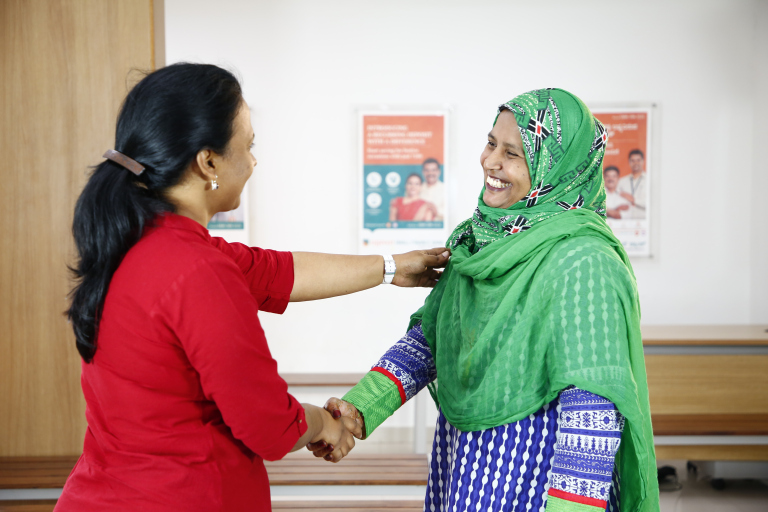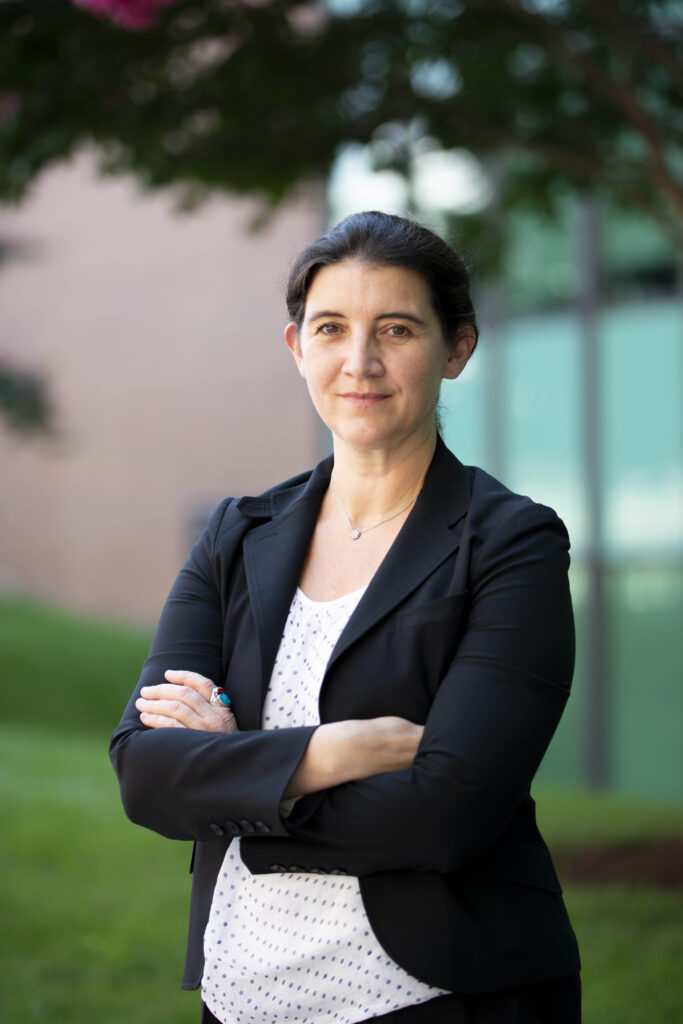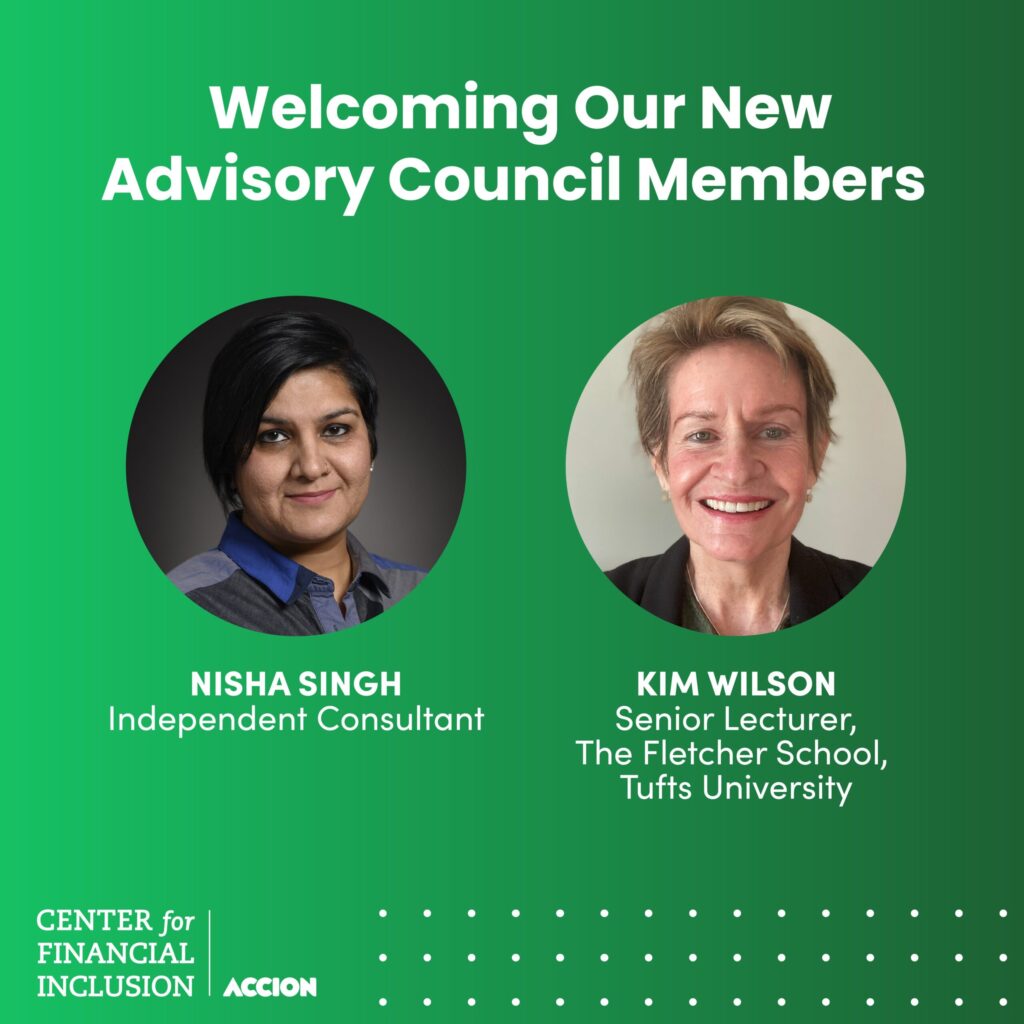
Topic
The Smart Campaign is thrilled to announce that 100 financial service providers have been Smart Certified, extending fair treatment and respect to more than 42 million low-income financial clients around the world. One hundred Smart Certifications marks a major milestone for the advancement of pro-client practices in the financial inclusion industry. These 100 financial service providers have worked to achieve and demonstrate their commitment to protecting clients from harm and delivering responsible financial services.
The journey to 100 certifications began with the launch of the Smart Campaign in 2008, at a time when microfinance sector leaders recognized the need to ensure that consumers remained front and center to their operations as the sector underwent a period of rapid growth. The Smart Campaign went on to become an umbrella for financial inclusion sector cooperation, through the endorsement of thousands of stakeholders of the Client Protection Principles (CPPs) and accompanying standards. The CPPs offer a common framework for understanding client risks and improving practices, and form the bedrock of the Campaign’s Smart Certification program. The certification program was launched in 2013 as a tool to support and reward financial service providers that offer appropriate products and services and deliver them in a fair and respectful way.
At this milestone, we reflect upon what 100 certifications means for the industry. In the five years of Smart Certification, the number of certifications, combined with the validating feedback from certified institutions, demonstrate that certification is both achievable and valuable. “The client is the ultimate beneficiary of everything we do,” according to Florin Lila, Eurasia Regional Director at FINCA International, which operates several certified institutions around the world. “If we put clients’ interests first, it ultimately helps us reach financial sustainability and our goals.” For these reasons, financial service providers are going beyond just endorsing the Campaign and Client Protection Principles; they are doing the hard work of examining and improving their practices to ensure that client protection is embedded into their DNA.
Certification drives better practices
Smart Certification is not merely a “check-the-box” exercise. It is a probing examination of an institution’s policies and practices, and a process of making improvements that bring benefits for both the client and the provider. It is also a way for financial service providers to distinguish themselves as having sound client protection practices, a standard that regulators and investors recognize. In a recent survey, 86 percent of certified financial service providers reported that certification better helped them to better understand client risks, and 82 percent also agreed that the cost of certification was worth the value received.
Since launching the Smart Campaign in 2008, we have learned a lot about the implementation of consumer protection practices and witnessed measurable industry improvement. We have worked hand-in-hand with financial service providers to understand the risks their clients face, and to develop solutions to mitigate these. Close to 100 tools are available in multiple languages on our Smart Campaign website to address a wide range of issues, from what a transparent contract looks like, to the elements of an effective complaints mechanism. These tools have been developed by and for the industry, with many created by financial institutions, associations, and other industry actors. In addition to a pool of Smart accredited experts who can support institutions that are preparing for certification, these tools help support the implementation of the certification standards.
As the inclusive finance industry has evolved, we have learned more about what matters in judging the practices of financial institutions.
- We recognize the need to listen closely to client voices and use what they say to inform the certification standards. Learnings from our Client Voice research in Benin, Georgia, Pakistan, and Peru have helped inform the evolution of certification standards and spur regulatory action.
- We have also been working to ensure that certification complements consumer protection regulation and investor due diligence. The Smart Certification standards are now embedded in the common due diligence guidelines abided by the coalition of investors ALINUS, and integrated into the forthcoming Responsible Finance Forum’s Investor Guidelines.
- We are exploring how certification can evolve to fit new types of products, providers, and channels. The Campaign’s scope has grown along with that of the financial inclusion industry to encompass a broader range of financial service providers and channels, such as fintechs, agent networks, and digital products.
The mission of the Campaign remains the same: to keep clients as the driving force of the industry. Everyone has a role to play to ensure that clients are protected, from financial service providers, to funders and regulators, and even the clients themselves.
We want to pause at this moment to thank our partners and congratulate all of the financial service providers that have worked hard to achieve certification. The financial inclusion industry is in a state of constant change. As we look to the next 100 Smart Certifications, we are committed to continuing our collaboration with the ever-expanding range of providers leveraging new technologies to provide more – and better – financial services to low income people.










